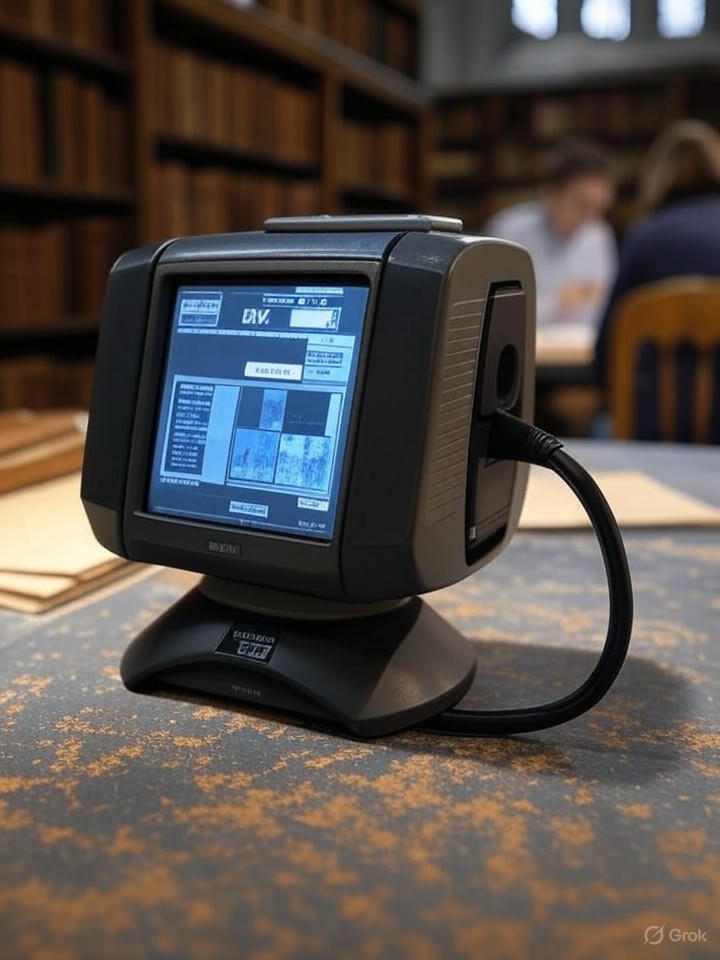In a unique event aimed at preserving digital history, the Festival of Floppies took place at Cambridge University Library on October 9, 2023. This gathering focused on reviving floppy disks—once the backbone of personal computing during the 1980s and 1990s—while addressing the pressing issue of digital obsolescence. Organized as part of the Future Nostalgia project, the festival united archivists, retro-computing enthusiasts, and conservation experts to confront the challenges associated with these fragile storage devices.
Participants engaged in hands-on workshops, learning to image floppy disks with specialized tools such as the KryoFlux device. This technology captures raw magnetic flux data, preserving not only files but also the disks’ structural integrity. The event underscored the urgency of the matter: many floppy disks are now vulnerable to degradation caused by mold, dust, and magnetic decay, potentially erasing invaluable cultural artifacts, including personal letters and early digital art.
Collaboration and Knowledge Sharing
Collaboration emerged as a central theme of the festival, attracting a diverse group from libraries, archives, and gaming communities. Speakers presented on a variety of topics, ranging from the ethical implications of data recovery to innovative cleaning techniques for contaminated disks. A standout session addressed the challenges posed by non-standard formats, where experts illustrated how retro-computing hobbyists’ trial-and-error approaches have proven beneficial for professional archivists.
According to a post on the Digital Preservation at Cambridge University Libraries blog, the festival fostered a sense of community, with attendees sharing anecdotes of “disk disasters” as well as successful recoveries from seemingly damaged media. This exchange of knowledge is vital, as floppy disks often enter collections from retiring donors or estates, containing historical treasures like documents from Stephen Hawking.
Technological Innovations and Future Implications
Technical demonstrations at the festival revealed advanced tools that go beyond standard USB drives, illustrating why consumer-grade readers are inadequate for preservation tasks. The KryoFlux enables bit-level imaging, producing accurate digital replicas that can be analyzed and transitioned to modern formats. Participants also explored software such as the HxC Floppy Emulator, which assists in recreating old hardware environments to access locked files.
Discussions extended to the broader implications for digital heritage, including the environmental considerations of maintaining physical media versus transitioning to cloud storage. The event celebrated floppy disks not only as technological relics but as vital connections to personal and cultural histories, with artistic installations reflecting the aesthetic of the digital era they represent.
Looking forward, the Festival of Floppies serves as a model for similar initiatives globally, addressing what some experts describe as a potential “digital dark age.” By documenting workflows and sharing resources, Cambridge aims to empower smaller institutions that may lack specialized preservation equipment. Talboom’s insights in the aforementioned blog highlight successful efforts, including imaging disks from the library’s collections that contain unpublished manuscripts and early software prototypes.
The festival’s impact reaches beyond immediate preservation efforts; it advocates for enhanced funding and training in digital preservation, ensuring that today’s data does not succumb to tomorrow’s obsolescence. As floppy disks gradually fade into history, the lessons learned from this event—blending nostalgia with cutting-edge technology—provide a framework for safeguarding our evolving digital heritage, emphasizing that the preservation of memory is as much about innovation as it is about honoring the past.







